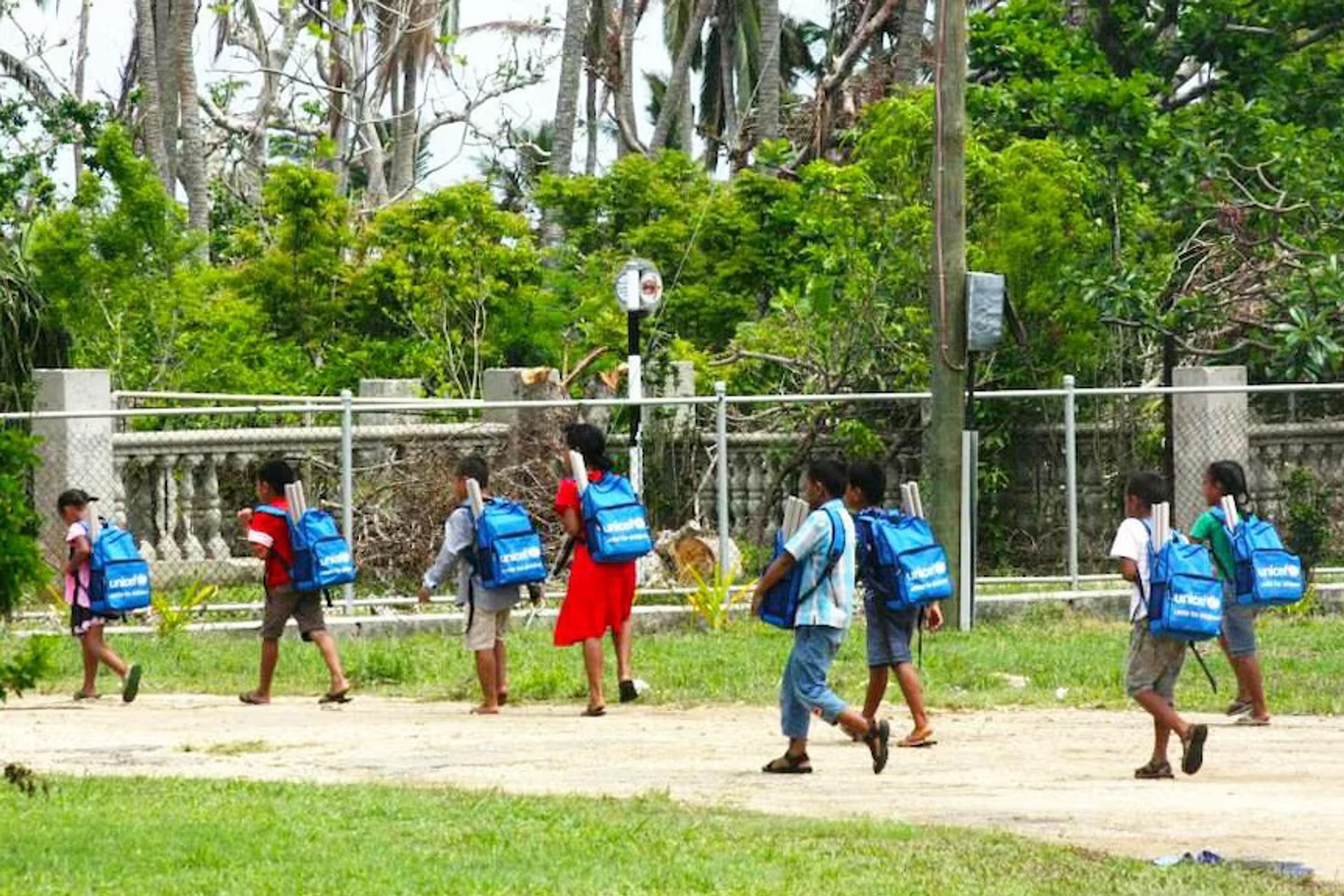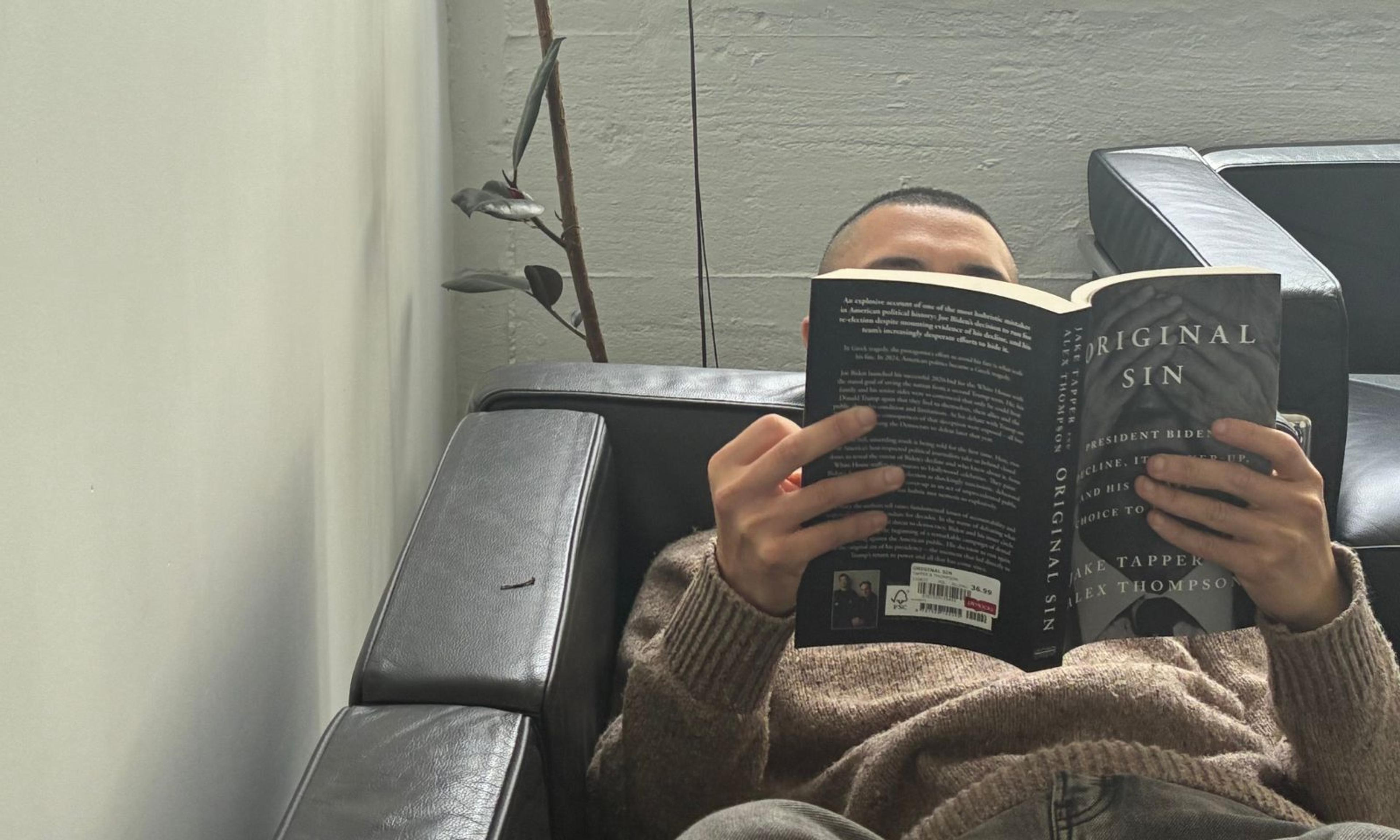

Dr Achmad spoke in support of Josiah Tualamali'i's petition for the government to conduct an inquiry to best practises for youth justice interventions.
Photo/ University of Auckland
Tougher sentencing not expected to work for youth offenders
Given 97 per cent of young offenders have faced a trauma of some kind, the Chief Children’s Commissioner says punishment alone won’t solve NZ's youth crime crisis.



‘Love is justice, lived out loud’: Reverend Wayne Toleafoa honoured for service


Pacific leaders humbled by recognition in New Year 2026 Honours


Climate disasters in 2025 impact Pacific children, review finds

‘Love is justice, lived out loud’: Reverend Wayne Toleafoa honoured for service


Pacific leaders humbled by recognition in New Year 2026 Honours
As New Zealand faces rising concerns over youth crime, the government has responded with tougher sentencing reforms and a controversial gang patch ban.
However, behind the headline lies a startling statistic: 97 per cent of young offenders aged 10-13 have already been subject to Care or Protection orders, resulting from a traumatic incident.
Given this tragic fact, Chief Children’s Commissioner Dr Claire Achmad, along with grassroots leaders from a charity working with at-risk youth, say punitive measures will miss the mark at curbing crime.
Dr Achmad spoke in support of Josiah Tualamali’i’s petition for the government to conduct an inquiry into best practice youth justice interventions, which was presented to the Justice Select Committee.
“When I was speaking to the select committee about this petition, I really wanted to highlight that the weight of evidence is very, very clear,” she said.
“For youth who offend, they have very often had adverse childhood experiences themselves and so what I really want us to get beyond is this myth of a victim mokopuna dichotomy.
“The latest data coming out in June 2024, so just a few months ago, shows clearly and it's very stark that 97% of children aged 10-13 who came to the attention of police for offending have had a previous care and protection concern raised in their lives.
“For the age group 14-17, that statistic is also really high, 87% with a previous care and protection concern. So we can't ignore this evidence.
“We need to focus on the fact that wrapping the right support around families and whanau so they can be strong, nourishing places for their children and young people to grow up in.
“That is going to be how we actually address youth offending in this country, how we keep our communities safe, and how we uphold the rights of children in Aotearoa and New Zealand.”
The government unveiled its sentencing laws which were introduced and passed in Parliament last week.

Justice Minister Paul Goldsmith. Photo/RNZ/Samuel Rillstone
It included preventing repeat discounts for youth and remorse, capping the sentence discounts that judges can apply at 40 per cent and encouraging the use of cumulative sentencing for offences committed while on bail, in custody or on parole.
The government also added two aggravating factors from Labour’s Ram Raids Bill.
These include “adults who exploit children and young people by aiding them to offend” and “offenders who glorify their criminal activities by live streaming or posting them online”.
New powers have also been added to the policing toolkit including the right to search homes for gang patches.
Goldsmith said the reforms would address a 33 per cent increase in violent crime and ensure 20,000 fewer victims of violent crime by 2029, including reducing youth offending by 15 per cent.
Dr Achmad described the approaches as punitive, focusing on punishment rather than addressing the underlying issues driving youth offending.
“I think we need to look at the bigger picture that's at play here,” she said.
“And if we look at the data from the last 10 years, we see that over that decade youth crime has actually been trending downwards.
“Yes, we have seen a bit of an uptick in the past year, the data shows us that. However, we need to also think about what's been going on in that past year.
“We know something affecting families and whanau with mokopuna has been our cost of living crisis.
“If we just hone in on material hardship poverty statistics in this country, around 21% of mokopuna Māori living in material hardship, and for our Pacific mokopuna, that jumps up to an even higher statistic, around 28% experiencing material hardship.”
Petani Fa’avae and David Obeda from One Eighty Turn Charitable Trust, work directly with at-risk youth in the community and echo Claire’s concerns.

David Obeda (left) and Petani Fa'avae (right) Photo / TFS Podcast Facebook / TVNZ
They agree that real change comes from addressing the deeper issues of poverty, trauma and the absence of positive role models rather than relying solely on punitive measures.
“You see kids out there doing ram raids and things like that. To me, there's obviously factors behind all of that. Like Petani was saying, there's poverty, drug addiction, you know, meth here in New Zealand at the moment is massive,” Obeda said.
“It's very cheap to get out there on the streets. As One Eighty Turn, we look at the factors that drive youth crime. Why are kids committing these crimes, and what causes people to offend?
“Like when you see a 12-year-old, 11-year-old, 10-year-old going in and stealing cars and ramming cars into shops and things, you've got to ask why.
“That's not normal. A kid that's coming from a middle class, white picket fence background isn't going to go steal a car and ram a car into a shop.”
Obeda returned to New Zealand as a 501 deportee having entered Australia's prison system at the age of 19 and served three consecutive sentences in Melbourne’s maximum security.
Like Obeda, Fa’avae also entered New Zealand’s prison system at a young age after being charged with murder at 16 and spent over a decade in prison.
Both now run One Eighty Turn Charitable Trust and get referrals from Oranga Tamariki and the police to help at-risk youth using their experiences.
“We encourage these kids and we remind them. They're one decision from throwing their life away,” Fa’avae said.
“But the sad reality is a lot of them, their fathers aren't around. They've got no positive male role models in their life to emulate or to aspire to be like. And that's what we provide.
“These kids, they don't want to be in the classroom. They don't want to be doing these trades.
“So we come through and mentor these kids and help deal with some of the traumas that they trust us to deal with. And expose them to opportunities that are in line with their natural abilities.”
Watch David and Petani's full interview here:
Dr Achmad agrees that community-based programmes are the way to go when it comes to steering young people away from crime.
“I think about programmes like Kotahi Te Whakaaro in South Auckland, for example, which we know is an early intervention project, an approach that involves government, community, NGOs and the whanau of mokopuna themselves.
“We're seeing that that is driving good and positive outcomes to reduce youth recidivism.
“Also, I've been to visit community-based initiatives that focus on youth justice, initiatives like Mahuru, which is run by Ngapuhi Iwi Social Services up in Te Tai Tokerau.
“This places a whanau approach around mokopuna to help them to be on a more positive pathway for the future.
“What I hear from mokopuna in spaces like Mahuru is that they feel seen, they feel respected, they feel heard, and they can regain their confidence and be safe and contributing members of our communities, and actually experience the rights that they have as children and young people.”
Watch Dr Achmad's full interview here: